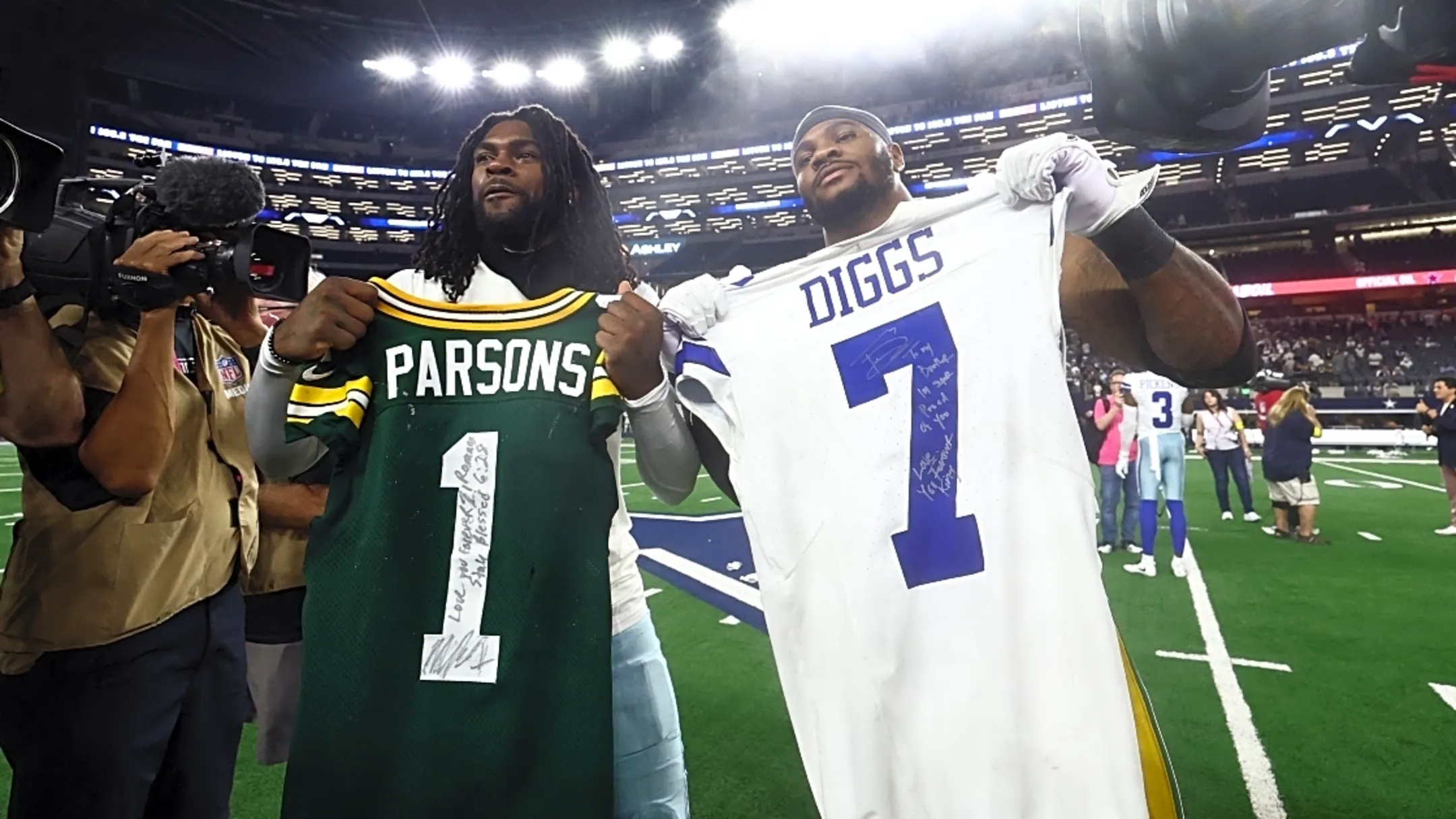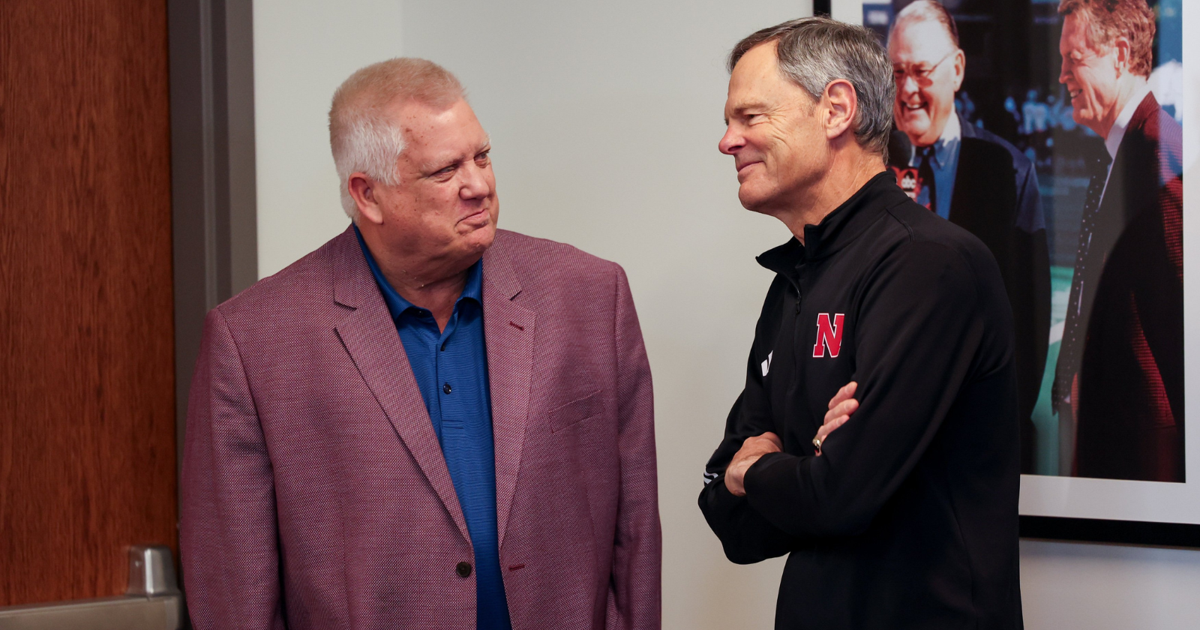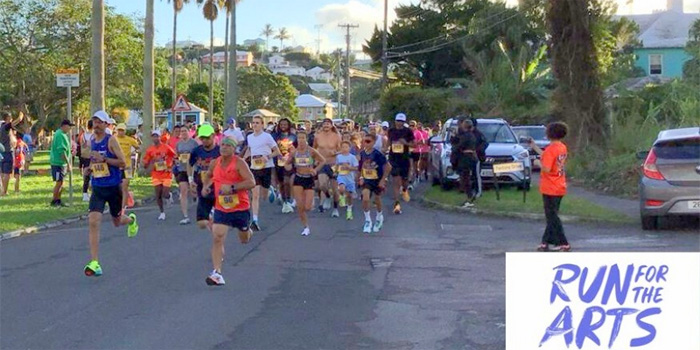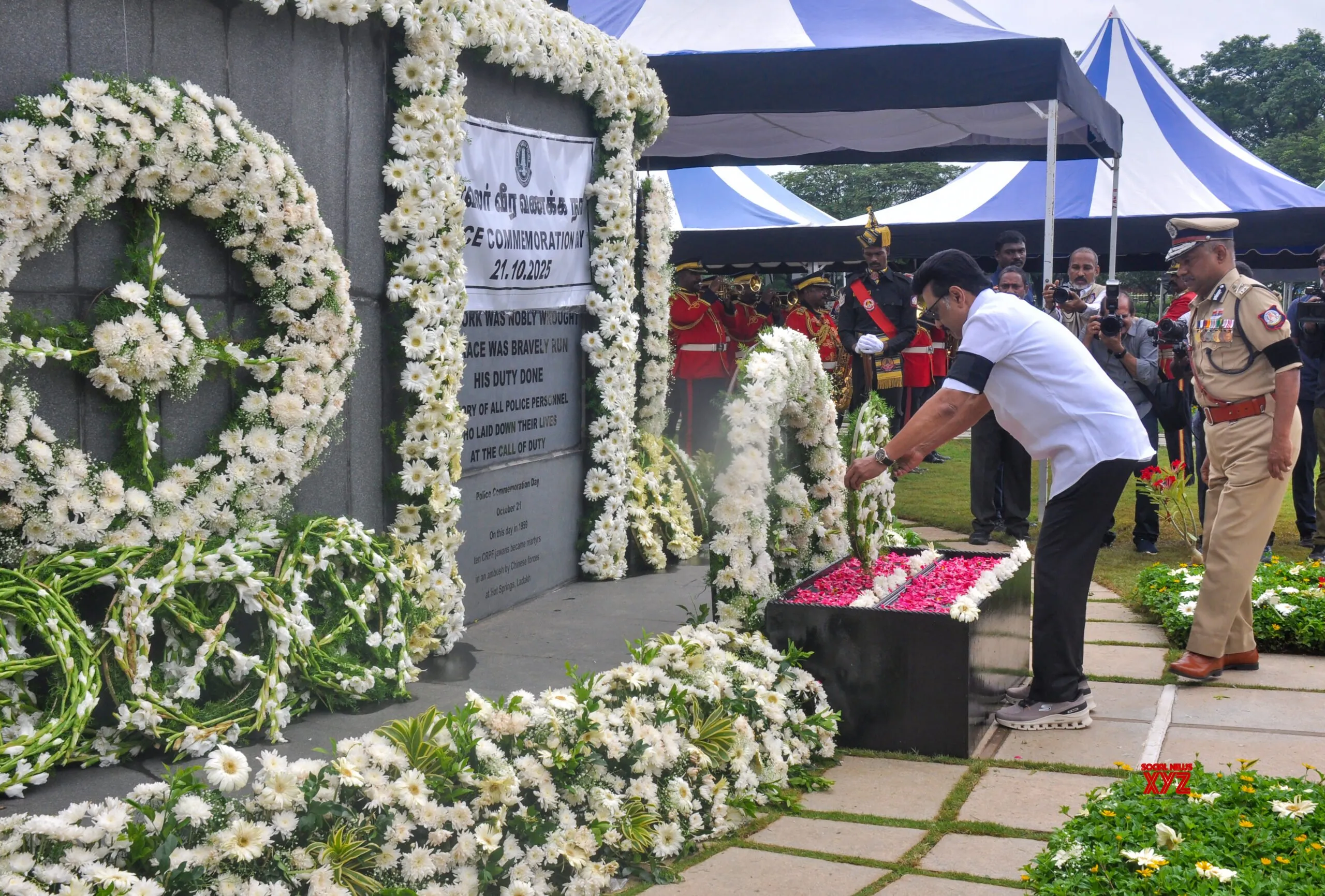Copyright CBS Sports
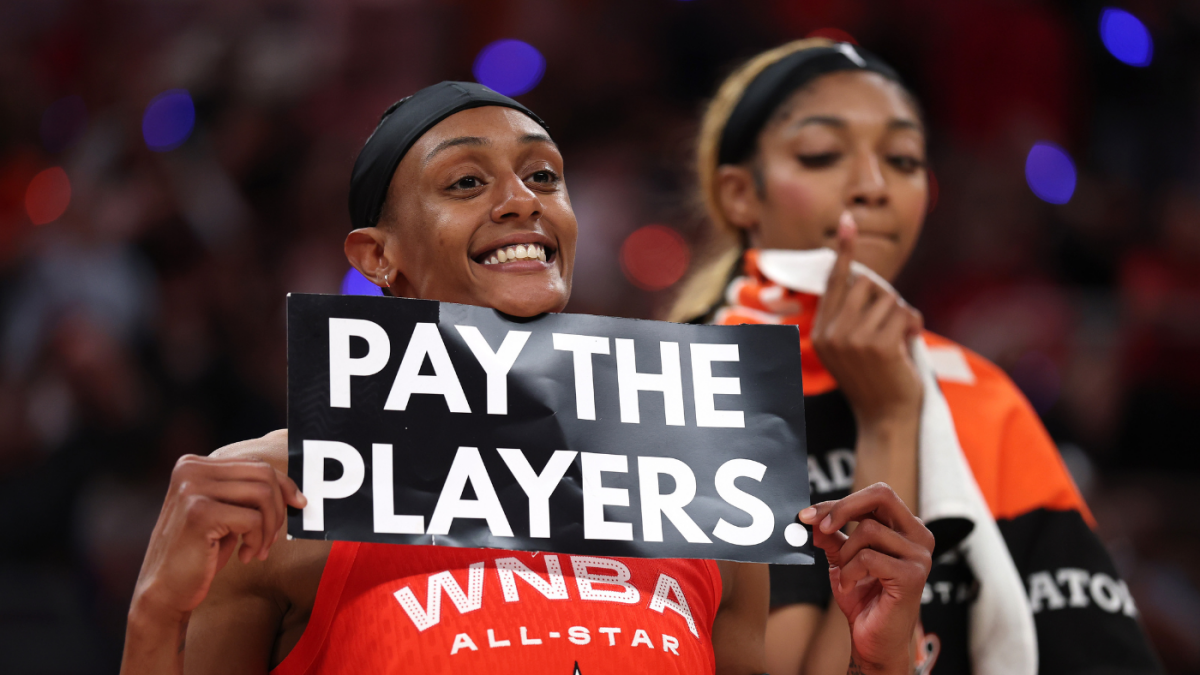
The current collective bargaining agreement between the WNBA and Women's National Basketball Players Association (WNBPA) will expire later this week on Oct. 31, and there is no indication that a new deal will be in place by that deadline. "Unfortunately, I'm not confident [that a deal will be done], "WNBPA senior advisor and legal counsel Erin Drake said on Sarah Spain's podcast earlier this month. "And I'll be honest with you. The players opted out Oct. 21 of 2024... so we've had a year, and it hasn't gotten done. And it could have." Over the past year, the WNBA labor battle has grown into one of the most important stories in the sports world. The outcome will shape not only the future of the WNBA and women's basketball, but all of women's sports. As the process reaches a criticial juncture, here is where things stand. How did we get here? In 2020, the WNBA and WNBPA signed a new CBA that increased salary and compensation for players, provided improved benefits in regards to travel and child care, established a more liberal free agency system and implemented the prioritization rule. While that CBA was set to run through the 2027 season, both sides had an opt-out clause after the 2024 season. The players chose to trigger it on Oct. 21, 2024. "This is a defining moment, not just for the WNBA, but for all of us who believe in progress," WNBPA president Nneka Ogwumike said in a statement at the time. "The world has evolved since 2020, and we cannot afford to stand still. If we stay in the current agreement, we fall behind. "Opting out isn't just about bigger paychecks -- it's about claiming our rightful share of the business we've built, improving working conditions, and securing a future where the success we create benefits today's players and the generations to come. We're not just asking for a CBA that reflects our value; we're demanding it, because we've earned it." WNBPA opts out of CBA with WNBA: Players looking to secure 'transformational change' after monumental season Isabel Gonzalez The players' decision to utiilize their opt-out clause put a new expiration date on the current CBA -- Oct. 31, 2025 -- and set the stage for a historic labor battle, which has been waged for over a year. The first major escalation happened at All-Star Weekend in Indianapolis, when many players derided the league's bargaining efforts. Breanna Stewart called their meetings that weekend "a wasted opportunity" and all of the All-Stars wore warm-up shirts that read "Pay Us What You Owe Us" prior to the All-Star Game. As the 2025 season neared its conclusion, the players further escalated their rhetoric. None more so than Napheesa Collier, a vice president of the WNBPA, who delivered a scathing rebuke of commissioner Cathy Engelbert during her exit interview. "We have the best players in the world. We have the best fans in the world. But right now we have the worst leadership in the world," Collier said, while also accusing Engelebert of making disparaging remarks about players, including Caitlin Clark. Lynx's Napheesa Collier blasts WNBA commissioner Cathy Engelbert: 'We have the worst leadership in the world' Robby Kalland Engelbert later addrressed the criticism during her pre-Finals press conference. "I have the utmost respect for Napheesa and every single player in our league," she said. "They are at the center of everything we do. I was disheartened to hear that some players feel the league and me personally do not care about them or listen to them, and if the players in the W don't feel appreciated and valued by the league, then we have to do better and I have to do better." What happens if there's no deal by Oct. 31? There are two paths forward if there is no deal in place by Oct. 31: an extension of the deadline or a work stoppage. Extension A temporary extension of the deadline to allow the two sides to continue discussions unimpeded is the most likely initial outcome. "While I hope we make the October 31st deadline, and that is a real deadline from that perspective, we have extended deadlines in the past," Engelbert said during her pre-WNBA Finals press conference. In fact, an extension was necessary to complete the current CBA. On Oct. 28, 2019, three days before the deadline, the two sides announced a 60-day extension until Dec. 31. They eventually agreed on a new CBA on Jan. 14, 2020, just before the start of free agency. Of course, there's a lot more going on this offseason than there was ahead of the 2020 season. The Portland Fire and Toronto Tempo are set to join the league this winter as the 14th and 15th teams. Last year, the Golden State Valkyries' expansion draft took place on Dec. 7. Until a new CBA is in place, the league cannot set a date for the Fire and Tempo's expansion draft or even announce the rules -- particularly important this time around with two teams entering the league at the same time -- because the latter is collectively bargained. Per ESPN, neither franchise has received any guidelines about how the double expansion draft may work. Furthermore, nearly every single veteran will be a free agent this winter. Kalani Brown and Lexie Brown are the only players not on rookie scale deals who are under contract for 2026. Everyone else maneuvered to become a free agent this winter with the expectation of a massive pay raise. The majority of teams do not have any guaranteed money on the books for next season, and this winter could be a free-for-all. The league needs to complete the expansion draft before free agency can begin, and in a perfect world there would be a sizeable gap between those events. Last offseason, there was about six weeks between the Valkyries' expansion draft on Dec. 7 and the start of free agency on Jan. 21. A date cannot be set for free agency until a new CBA is ratified, because that is also collectively bargained. While an extension would be far superior to a work stoppage, the league and the players do not have unlimited time this winter. Work stoppage If the two sides cannot agree to an extension, or the extension comes and goes without another extension or a new deal, the next step would be a work stoppage. "There's a potential lockout. I promise you we aren't going to play until they give us what we deserve," Fever Sophie Cunningham said during her exit interview earlier this month. "That's kinda where it's headed unfortunately, which would be the dumbest basketball decision, business-wise ever, considering the momentum the W has." In the event of a lockout, all league business would cease and players would be prevented from accessing team facilities. That would mean no draft lottery, no expansion draft, no free agency, no trades, no 2026 WNBA Draft, nothing until a new CBA is in place. Depending on how long the lockout lasted, it's possible that the 2026 season could be delayed or, in a worst-case scenario, cancelled. The WNBA has never lost games due to a work stoppage, and no one wants that to happen this time around. "The headline is 'lockout!' and ultimately the goal for everyone is to get a good deal done," Ogwumike said earlier this summer. "Hopefully it gets done in the time that makes sense. I don't think anyone wants to see a lockout. That's not something that we're advocating for. We just want to make sure that this is a deal that's done the right way and using whatever time it takes for us to be able to have both sides agree on something." In the event of a lockout, negotiations would still continue between the WNBA and the WNBPA until a new deal is reached. What is the biggest hold up? The players have outlined a number of demands, including higher salaries, improved benefits and codifying charter flights. Roster sizes, the schedule, officiating and the prioritization rule have also been hot topics throughout the season, though it's unclear how high each item is on the priority list. What is clear is that the players' top priority is a new revenue sharing model. "If me and you aren't set on going to the correct restaurant, who cares what we're ordering as an appetizer?" WNBPA first vice president Kelsey Plum said last month. "First, second, third is rev share (and) salary. So when I say that we continue to propose and the counter proposals that are coming back are further away from where we thought we would be, that to me is — and I think a lot of the players are in agreement as a union — this is literally the meat and potatoes." The WNBA has exploded in popularity in recent years. TV ratings and ticket and merchandise sales are soaring, expansion fees have reached $250 million and a new $2.2 billion media rights deal will kick in next season. The players want their fair share. Under the current CBA, however, the salary cap -- and thus, player salaries -- increases at a fixed rate of 3% per year. The players are pushing for a new model where salaries grow with the business. Currently, reports indicate that players only receive about 9% of all revenue, a far cry from the 49-51% of basketball-related income that NBA players receive. While the current CBA does have a clause to trigger revenue sharing if the WNBA hits certain benchmarks, they have never been met, largely due to the COVID-19 pandemic. Engelbert said during her pre-Finals press conference that the league wants "much of the same things that the players want. We want to significantly, and I mean significantly, increase their salary and benefits, while also supporting the long-term growth and viability of the WNBA." NBA commissioner Adam Silver said during an interview with the "Today Show" on Oct. 21 that players will receive a "big increase" in salary in the new CBA. However, he pushed back on the idea of revenue sharing. "I think share isn't the right way to look at it because there's so much more revenue in the NBA," Silver said. "I think you should look at absolute numbers in terms of what they are making. They are going to get a big increase in this cycle of collective bargaining and they deserve it." Adam Silver says WNBA players will get 'big increase' in compensation as CBA negotiations continue Jasmyn Wimbish Silver's comments kicked off a public spat between the WNBPA and the WNBA. "What the league and teams are really trying to do is not only limit the cost of labor but also contain it through an artificial salary system that isn't tied to the business the players are building in any real or meaningful way," WNBPA executive director Terri Carmichael Jackson told Front Office Sports in a statement. "You know it's bad when the best they say they can do is more of the same: a fixed salary system and a separate revenue sharing plan that only includes a piece of a piece of the pie, and pays [the league] back first." "We've come to the table prepared to do business," Jackson continued. "They've responded with bad math and are hoping everyone doesn't understand what 'uncapped' actually means. Adam Silver said it himself on behalf of the WNBA, 'Share isn't the right word.' It's not in their vocabulary." The league responded with a statement which called the WNBPA's claims "incorrect" and "counterproductive": "It is incorrect and surprising that the Players Association is claiming that the WNBA has not offered an uncapped revenue sharing model that is directly tied to the league's performance. "The comprehensive proposals we have made to the players include a revenue sharing component that would result in the players' compensation increasing as league revenue increases – without any cap on the upside. It is frustrating and counterproductive for the union to be making misrepresentations about our proposals while also accusing the league of engaging in delay. That is simply not true. "While we have delivered comprehensive proposals that seek an agreement that will benefit all, the Players Association has yet to offer a viable economic proposal and has repeatedly refused to engage in any meaningful way on many of our proposal terms." The salary cap for the 2025 season was $1,507,100, with a minimum salary of $66,079 and a supermax of $249,244. Per FOS, the league's most recent proposal would increase the veteran minimum to $300,000 and the supermax to $850,000, but would maintain the current revenue sharing model. While the WNBA and the WNBPA are in agreement that players deserve more money, there is a fundamental dispute on the best way to implement those raises. For now, both sides are standing firm, but if the deadline passes without a deal, it will become more difficult to continue doing so with each passing day. Eventually, one side will have to blink, or the league could end up missing games due to a work stoppage for the first time in its history.
